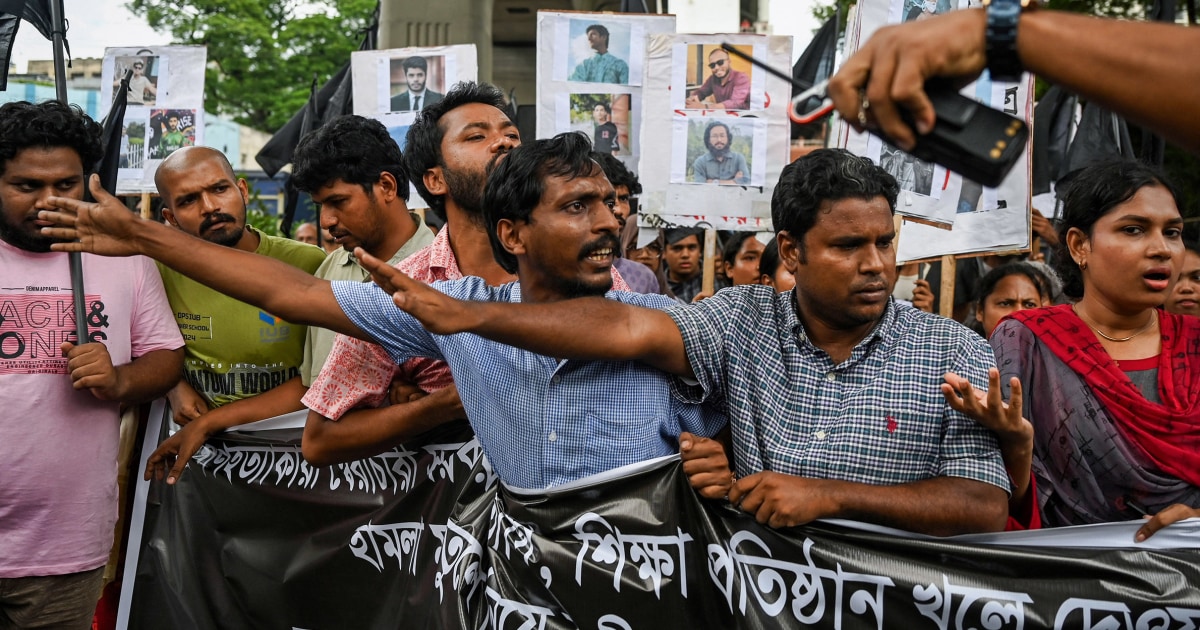Jobs
Bangladesh restores internet as students call off job-quota protests

Rights groups and critics say Prime Minister Sheikh Hasina has grown more autocratic during 15 years in power, marked by mass arrests of political opponents and activists, forced disappearances and extrajudicial killings, charges she denies.
Protests led by students broke out in June when a high court ordered the restoration of quotas in government jobs, including reservations for families of veterans of the 1971 war for independence from Pakistan.
Police fired rubber bullets, tear gas and lobbed sound grenades to disperse tens of thousands who flooded the streets.
Students agreed to pause their agitation after the Supreme Court scrapped most quotas on July 21, opening 93% of jobs to candidates selected on the basis of merit.
The “mostly peaceful and issue-specific students’ movement” were not involved in violence, Hasina’s government said, but blamed the main opposition Bangladesh Nationalist Party (BNP) and the Jamaat-e-Islami party, which denied the assertion.
The students called off the protests, which had fallen off after the Supreme Court ruling.
“Our main demand for logical reforms to the government job quota system has been met,” student co-ordinator Nahid Islam said in a video message on Sunday from police headquarters, calling for educational institutions to re-open.
He was among three protesters held by police while being treated in hospital, his younger brother told Reuters, in a step police said was aimed at ensuring security for protesters.

/static.texastribune.org/media/files/f5fdb1dff4d6fd788cba66ebaefe08d0/Paxton_GOP_Convention_2018_BD_TT.jpg)






